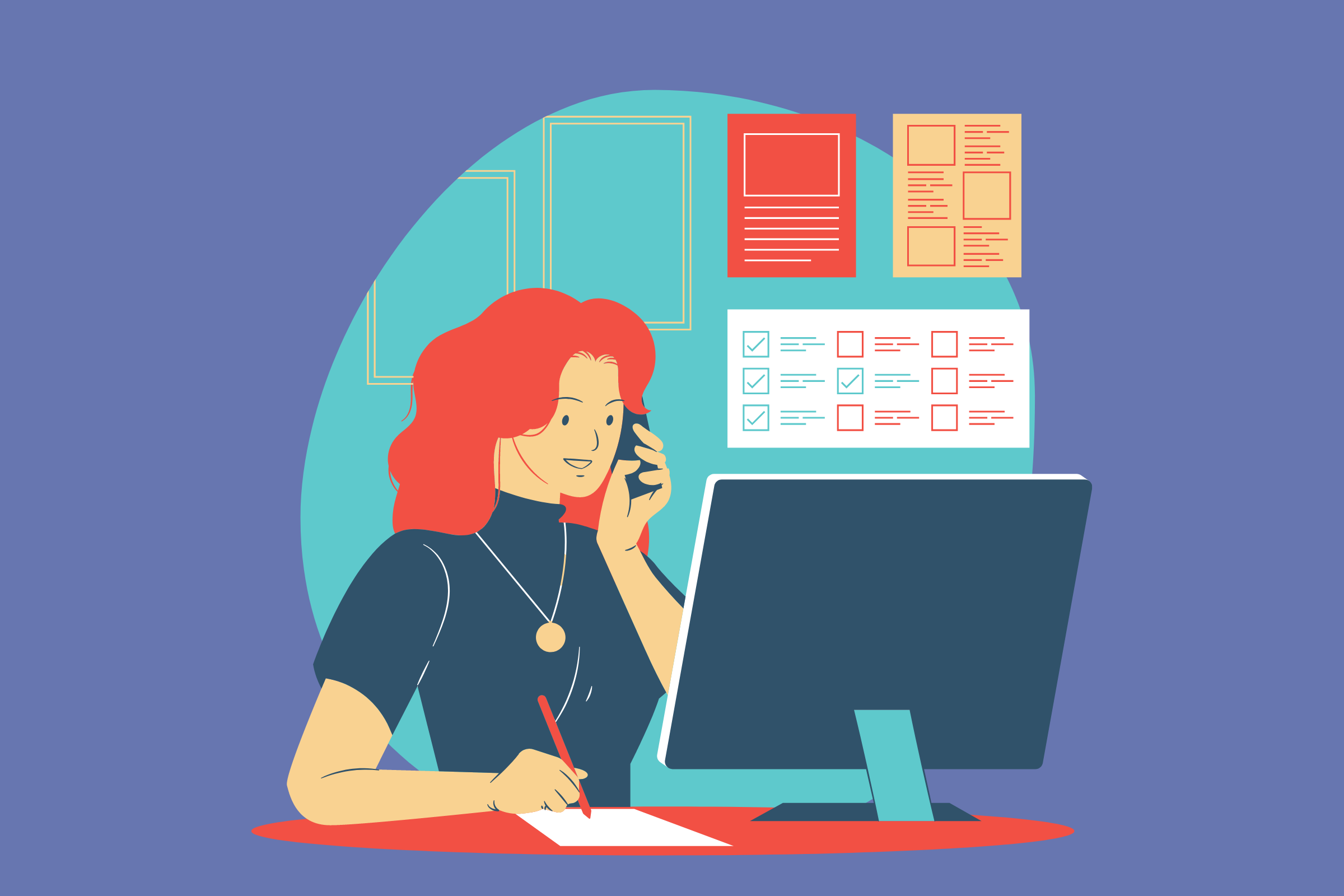All posts
How to Protect Yourself Online During the Coronavirus
Many of us are turning to technology to connect with our loved ones during the coronavirus outbreak. Tools like video chat, instant messaging, and online gaming make it easier than ever to keep in touch with each other. But for some people, using technology can also pose a risk to their own safety. If you’re […]


Many of us are turning to technology to connect with our loved ones during the coronavirus outbreak.
Tools like video chat, instant messaging, and online gaming make it easier than ever to keep in touch with each other. But for some people, using technology can also pose a risk to their own safety.
If you’re experiencing or living with family and domestic violence, being careful online is a key part of looking after your physical and emotional wellbeing.
So how can you make sure you’re protecting your online safety during a time when you’re actively encouraged to connect with others?
We hope these tips can help.
Use a Safe Device
One of the best ways to protect your privacy is to only use the internet on a ‘safe device’. A safe device is a personal phone or computer that other people can’t access.
If you’re in a situation where you have to share your device with others right now, that’s okay. The following tips can still help you keep your personal browsing history and online activity private.
Update Your Passwords
Having a secure password that only you know is a good way to protect your online safety.
The most secure passwords are random strings of numbers and letters, so consider using an online generator like this one to create new passwords for all of your accounts.
Alternatively, you can use something called a ‘passphrase’, which is a string of random words.
Something like ‘horse battery staples manager’ is a lot harder to guess than your birthday.
Here is a website to generate passphrases.
No matter what method you use, try and create a unique password for every account you have.
Protect Your Passwords with a Password Manager
It can be tricky to remember all your passwords – especially if you’ve used a generator to create new, more secure ones.
You might be tempted to click ‘save password’ when it pops up in your browser so you don’t have to worry about remembering it, but this isn’t very safe.
Password managers act like a safer version of the ‘save password’ feature by keeping all of your passwords locked behind a ‘master password’.
When you’re online, all you have to do is type your ‘master password’ into the password manager, and it will automatically fill out all of your secure passwords for you.
This means you only have to remember your master password instead of a whole list!
Here is a list of some free password managers to get you started.
Change Your Account Settings
Another easy way to improve your online safety is to double-check the privacy settings of all your accounts.
For social media websites like Facebook and Instagram, the default privacy settings might mean people you don’t know can see everything from your posts to your phone number.
By adjusting these settings, you limit the number of people who have access to your social media profile and information.
This can reduce the risk of you showing up on strangers’ feeds.
It’s a good idea to adjust these settings on your children’s social media accounts to keep them safe, too.
Use ‘Private Browsing’ Mode and Delete Your Browser History
Regular search engines such as Google will keep track of websites you’ve visited and things you’ve downloaded in your browser history. This is information you might not want shared with others.
While you can manually delete your browser history, you can also use the ‘private browsing’ feature on these websites.
When privately browsing, the search engine will not track your browser history and there will be no record of the websites you’ve visited.
Turn off Your Location Services
Many phones have location services, such as GPS, automatically turned on. This can make it easy for other people to track your location, but these settings can be turned off.
Some photo-sharing apps, such as Instagram or Facebook, have ‘geotags’ in their photos that tell people where the photo was taken.
To avoid these photos telling people where you are, consider asking friends not to tag you, or adjust the settings on your account to stop others from tagging you.
Finally, when going to places that you don’t want anyone to know about, such as a counselling appointment, turn off your phone where possible.
Create a New Account
If you’re concerned your current accounts are still being monitored or shared, you can create a new social media account to keep in touch with your loved ones privately.
When making the new social media account, use a fake name or your middle name to make it harder to trace back to you.
Link the new account to an email with an anonymous name, such as [email protected], for extra security.
Always make sure to log out of your accounts after you’re done using them.
Stay Safe
Remember that even under coronavirus restrictions, you can still leave your environment to escape harm without incurring a fine.
Coronavirus is not an excuse for abuse, and it is never okay in any circumstances.
Lots of services are still running at this time to make sure help is available if you need it.
You can give our telephone counsellors a call on 1300 364 277 anytime between 8AM-8PM Monday-Friday and 10AM-4PM Saturday.
The 1800RESPECT hotline also provides family and domestic violence counselling 24/7: 1800 737 732.
If you feel like your wellbeing, or that of your children, is in immediate danger, please call 000.
Back to all posts